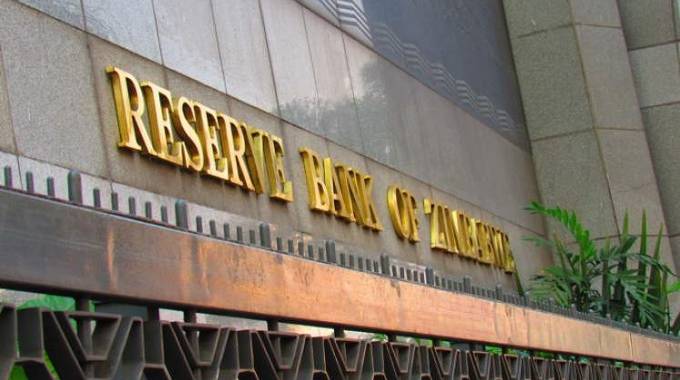Forex, inflation rates: RBZ to keep finger on pulse

Michael Tome Business Reporter
THE Reserve Bank of Zimbabwe (RBZ) says it will continue to manage foreign currency exchange and inflation rates to enhance competitiveness in the industry and other productive sectors of the economy.
The central bank has lately been on an offensive to stabilise the foreign currency exchange and inflation rates as they both carry the potential to negatively impact the competitiveness of critical sectors of the economy and macro-economic stability.
The Dutch foreign exchange auction, which the bank introduced in June last year, is one of the leading initiatives that the RBZ has put in place to bring about much-needed stability.
To date US$2 billion has been allotted to critical sectors of the economy through the auction system.
The apex noted that it intended to stabilise the exchange rate in order to have a stronger nominal effective exchange rate to moderate the impact of higher import prices and its pass-through effects on the domestic inflation levels.
While addressing participants at the recently held national competitiveness forum, RBZ deputy director, economic policy and research division, Dr Nebson Mupunga highlighted that the apex bank was working hard to stabilise inflation and exchange rate, the two monsters which carry the potential to disturb the competitiveness of the productive sectors.
He indicated that the inventiveness of the central bank was targeted at achieving price stability which is a necessary component in creating conditions for competitiveness, employment, and growth in the economy.
“High inflation is not good for the economy. It impairs decision making, it also distorts efficiency of resource allocation, negatively affects income distribution which in turn affects growth and competitiveness.
“This is why we are interested in inflation and making sure that it is stable, I think we are doing very well on that front.
“We will continue to run the auction system as a dependable source of foreign currency and this auction will underpin the much-needed stability in the exchange rate, which will also help to anchor stability on inflation on the external and domestic side.”
“You know that when you have a more depreciated exchange rate it will affect the price of imports and that will upset domestic prices which will cascade into inflation which in turn affects domestic industry competitiveness,” said Dr Mupunga.
On account of the various measures implemented by the bank, inflation had started rapidly trending down, falling from 837,5 percent in July last year to 50,24 in August this year while the official exchange rate has stabilised around $86/US$1.









Comments